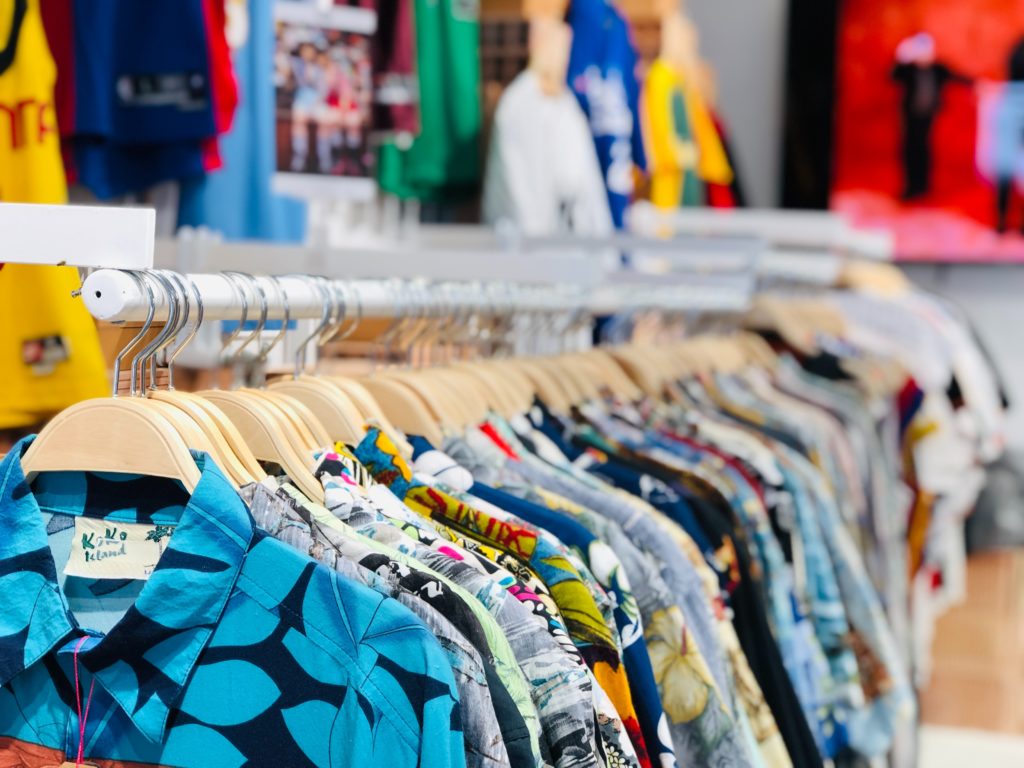The EU Puts The Brakes On Fast Fashion With New Rules Surrounding Product Longevity
4 Mins Read
The European Commission has taken mass consumption to task by proposing new rules for product quality. Moving forward, all clothes, furniture and smartphones sold within Europe will need to be demonstrably longer-lasting and simpler to repair. The latest additions build on existing Ecodesign rules, which have generated significant energy and consumer savings in the E.U.
The initiative was launched this week and is designed to inspire conscious thought at every stage of product life. Manufacturers will need to keep the rules in mind during the design process, while consumers will be responsible for repairs and effective end-of-life recycling. As a whole, a shift towards sustainable products becoming the norm is being sought. In a bid to de-normalise fast fashion consumption, sustainably-made textiles are a focal point of the Circular Economy Action Plan.

What do the new rules mean for clothing companies?
“It’s time to end the model of ‘take, make, break, and throw away’ that is so harmful to our planet,” E.U. Commissioner Frans Timmermans said in a statement about the new initiative. The Strategy for Sustainable and Circular Textiles attempts to make a meaningful start to undoing said harmful model. It means that any companies that have, until now, profited from continuous new clothing drops, populated with cheaply-made and non-recyclable materials, will no longer be readily available in the E.U. Instead, manufacturers will be charged with proving the longevity and eco credentials of everything they intend to sell to European consumers, via ‘digital product passports’.
By 2030, regulators are hoping that all textiles brought to the European market will be long-lasting and fully recyclable.
Alongside highlighting producer responsibilities, the initiative aims to educate buyers. Consumers will be given easier access to information regarding effective recycling, reuse and repair of clothes. This will take the form of an empowerment program designed to arm buyers with the knowledge to make informed choices and steer demand to conscious products.
The new rules are targeting fast fashion due to its reported environmental impact. The European Environment Agency notes that clothes usage accounts for the region’s fourth biggest climate impact. It comes after food, housing and transport. Despite clothing production mainly occurring outside of Europe, its citizens are creating demand for fast fashion products. In measurable terms, an average person’s clothing requirements need 9 cubic metres of water, 400square metres of land and creates a 270kg carbon footprint.

The U.K. needs to get on board
Unlike its continental peers, the U.K. government decided against placing the onus of responsibility on clothing manufacturers and retailers. It rejected most of the Environmental Audit Committee’s suggestions in 2019, including making producers liable for the costs of better recycling and effective clothing collection. Textile waste was made a priority, but little has been done to move the issue along. However, the U.K. did bring in the Green Claims Code this year in a bid to tackle greenwashing across multiple industries, with fashion highlighted as a key culprit.
While it is no longer part of the E.U., the U.K. will need to align closely with it on the issue of fast fashion, if for no other reason than to support its domestic brands.
“If expectations of brands in the UK compared to the EU diverge, this will hopefully encourage stronger expectations of future UK legislation,” Tamara Cincik, spokesperson for Fashion Roundtable said in a statement. “This is why it is so important for both UK brands and the government to be alert to this strategy, as the EU remains our largest, and indeed, closest trading partner for the textiles and fashion industry.

Circular fashion on the rise
The E.U. is not alone in looking to tackle the fast fashion crisis. While the European Commission seeks to include textiles as part of a much broader sustainability initiative, focused efforts are happening elsewhere in the world.
One of the world’s fashions capitals, New York, took a proactive stance against unsustainable fashion in January. The state unveiled its new Fashion Sustainability and Social Accountability Act, designed to ensure that successful fashion companies operating in New York are doing so with the environment in mind. Tariffs for non-compliance are set to be prohibitively high, in a bid to encourage supply chain transparency and better operating practices. Stella McCartney was amongst the first designers to pledge her support.
Secondhand shopping is enjoying a serious boom with ‘thrifting’ or buying ‘preloved’ both popular behavior amongst a more environmentally focused consumer. This has led to an uptick in the number of online clothing platforms and in some cases, key mergers that bring consumers increasing amounts of choice. Earlier this month it was reported that Vestiaire had acquired Tradesy, in a deal that saw the Paris and Los Angeles resale platforms come together as one.
Lead photo by Karolina Grabowska at Pexels.




